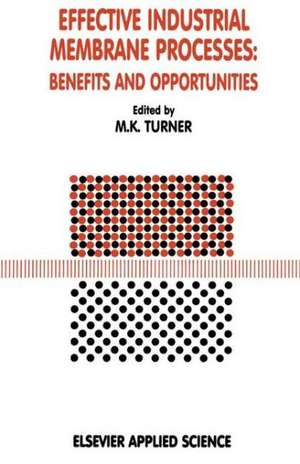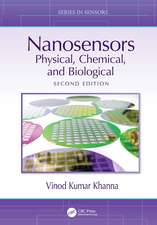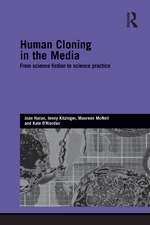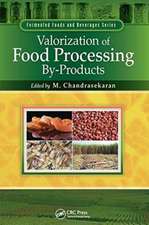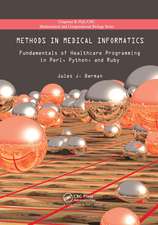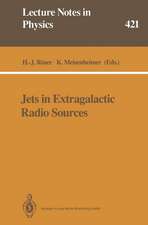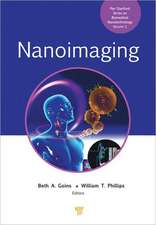Effective Industrial Membrane Processes: Benefits and Opportunities
Editat de M.K. Turneren Limba Engleză Hardback – 31 dec 1991
Preț: 407.98 lei
Nou
Puncte Express: 612
Preț estimativ în valută:
78.06€ • 81.51$ • 64.46£
78.06€ • 81.51$ • 64.46£
Carte tipărită la comandă
Livrare economică 15-29 aprilie
Preluare comenzi: 021 569.72.76
Specificații
ISBN-13: 9781851667239
ISBN-10: 1851667237
Pagini: 426
Ilustrații: IX, 417 p.
Dimensiuni: 170 x 244 x 32 mm
Greutate: 0.89 kg
Ediția:1991
Editura: SPRINGER NETHERLANDS
Colecția Springer
Locul publicării:Dordrecht, Netherlands
ISBN-10: 1851667237
Pagini: 426
Ilustrații: IX, 417 p.
Dimensiuni: 170 x 244 x 32 mm
Greutate: 0.89 kg
Ediția:1991
Editura: SPRINGER NETHERLANDS
Colecția Springer
Locul publicării:Dordrecht, Netherlands
Public țintă
ResearchCuprins
Opening Address.- Session A: Mass Transfer and Cleaning I.- A case study of reverse osmosis applied to the concentration of yeast effluent.- Enhanced mass transfer with ultrafiltration and microfiltration membranes.- Session B: Mass Transfer and Cleaning II.- Keynote address.- Membrane fouling and cleaning.- Investigation into protein fouling characteristics of ultrafiltration membranes.- Session C: Waste Water Treatment I.- A comparative evaluation of crossflow microfiltration membranes for radwaste dewatering.- The use of reverse osmosis for the purification of coal gasification liquors.- Session D: Waste Water Treatment II.- A fresh approach to sludge dewatering using tubular membrane pressing technology.- Landfill Leachate Treatment by reverse osmosis.- Session E: Applications in the Food and Beverages Industry.- Keynote address.- Crossflow microfiltration in the food industry.- Using membranes to purify water and de-alcoholise beer.- Session F: Applications in the Food and Beverages Industry.- Zirconium oxide based composite tubular membranes for ultrafiltration.- History and development of package desalination plants for defence and offshore application.- Session G: Biotechnology Applications.- The relevance of filtration in living capillaries to industrial membrane processes.- Ultrafiltration in living capillaries — an example of simple membrane processing in a biological system (capillary filtration )(Keynote Address).- Process optimization of an enzyme membrane reactor with soluble enzymes up to industrial scale.- Separation techniques with porous glass membranes: A comparison of dextrane and protein separations.- Antibody Production in a membrane reactor — A start-up company’s choice.- Session H: Applications in the Chemical Industry.- Industrialapplications of pervaporation.- Permeation membranes — an emergence of non-conventional separation technology.- Mechanism of the facilitated transport of the ?-alanine through a sulfonic membrane.- Phosphazene polymer membranes: hazardous chemical removal from gas and liquid feedstreams.- Session J: Gas Separation in the Petrochemical Industry I.- An operators overview of gas membranes.- Evolution of a gas separation membrane 1983–1990.- Nitrogen production by means of membrane technology for safety enhancement in marine and onshore petroleum and natural gas facilities.- Session K: Gas Separation in the Petrochemical Industry II.- Novel applications for gas separation membranes.- Membrane permeation and pressure swing absorption (PSA) for the production of high purity hydrogen.- Membrane gas separation in petrochemistry: problems of the polymeric membrane selection.- Index of Contributors.
